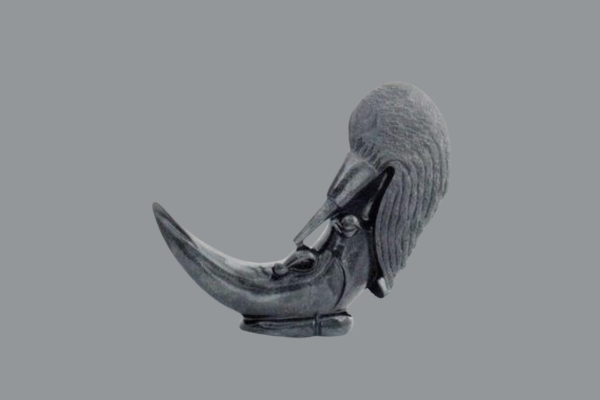Exploring the Fascinating World of Shona Mythology
Shona mythology is an integral part of the culture and belief system of the Shona people, one of the largest ethnic groups in Zimbabwe. The mythology is centered around the traditional religion, which is based on ancestor worship and the belief in a supreme being known as Mwari.
created by Sampson Kuvenguhwa - Artist name Sam Kuve - Shona Sculptor
In Shona mythology, Mwari is the creator of the world and all living things. He is often described as a distant and powerful being, who is revered as the source of all blessings and the giver of life. The Shona people believe that Mwari can be communicated with through the spirits of deceased ancestors, who act as intermediaries between the living and the divine.
The Shona mythology is diverse and includes a wide range of spirits and deities, each with their own specific roles and responsibilities. The spirits are believed to have the power to influence the lives of the living, and the Shona people often invoke them in traditional rituals and ceremonies. Some of these spirits are associated with natural phenomena, such as the spirits of rivers, mountains, and trees. Other spirits are associated with specific aspects of human life, such as the spirits of health, fertility, and prosperity.
One of the most fascinating aspects of Shona mythology is the stories and myths that explain the origins of the world, the creation of human beings, and the customs and beliefs of the Shona people. These stories are often passed down through generations, and are still an important part of the culture and tradition of the Shona people. They are used to teach moral and cultural values, and to provide explanations for the mysteries of the world.
For instance, the Shona people believe that human beings were created from clay by Mwari and that the first woman was created from a rib of the first man. They also believe that the spirits of the ancestors play a significant role in their lives and that they can communicate with them through dreams and visions.
It's important to note that the Shona culture is a living culture and it keeps evolving. The traditional beliefs, myths, and customs are still a part of the culture, but they may differ from one generation to another and from one region to another. However, the core principles and values of the Shona people remain the same, and their mythology continues to be a vital part of their identity and heritage.
In conclusion, the rich and diverse world of Shona mythology is a testament to the creativity and imagination of the Shona people. It reflects their deep connection to the natural world and their reverence for their ancestors and the divine. By exploring and understanding Shona mythology, we can gain a deeper appreciation for the culture and beliefs of this fascinating ethnic group.